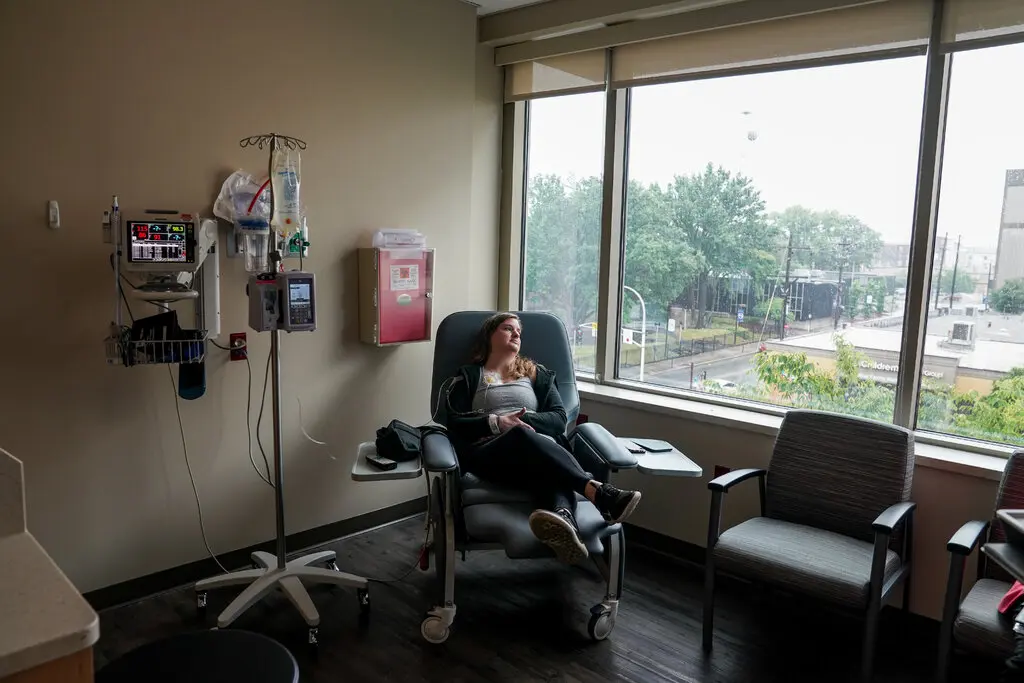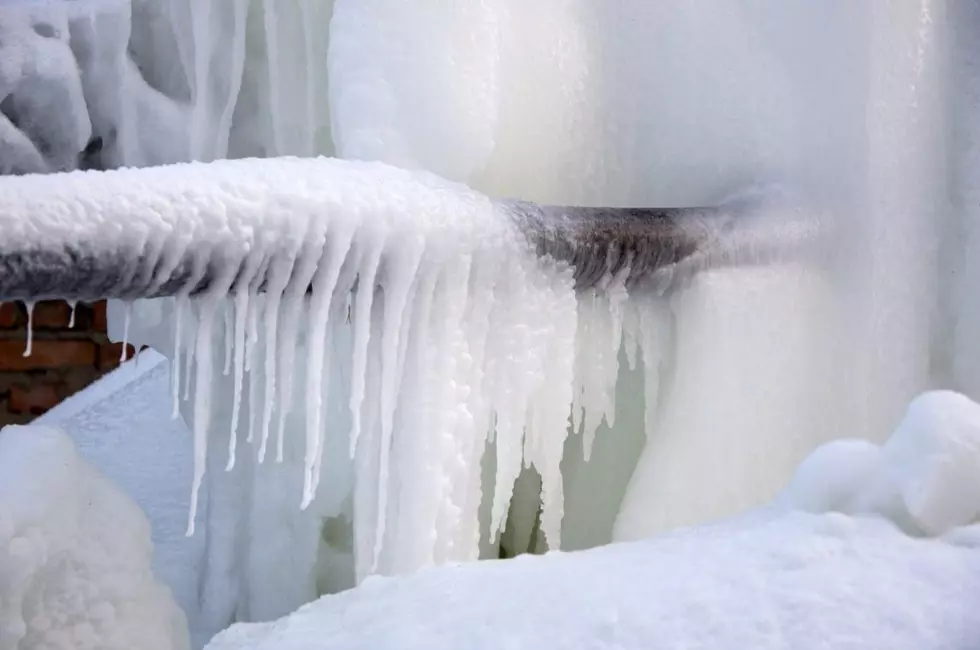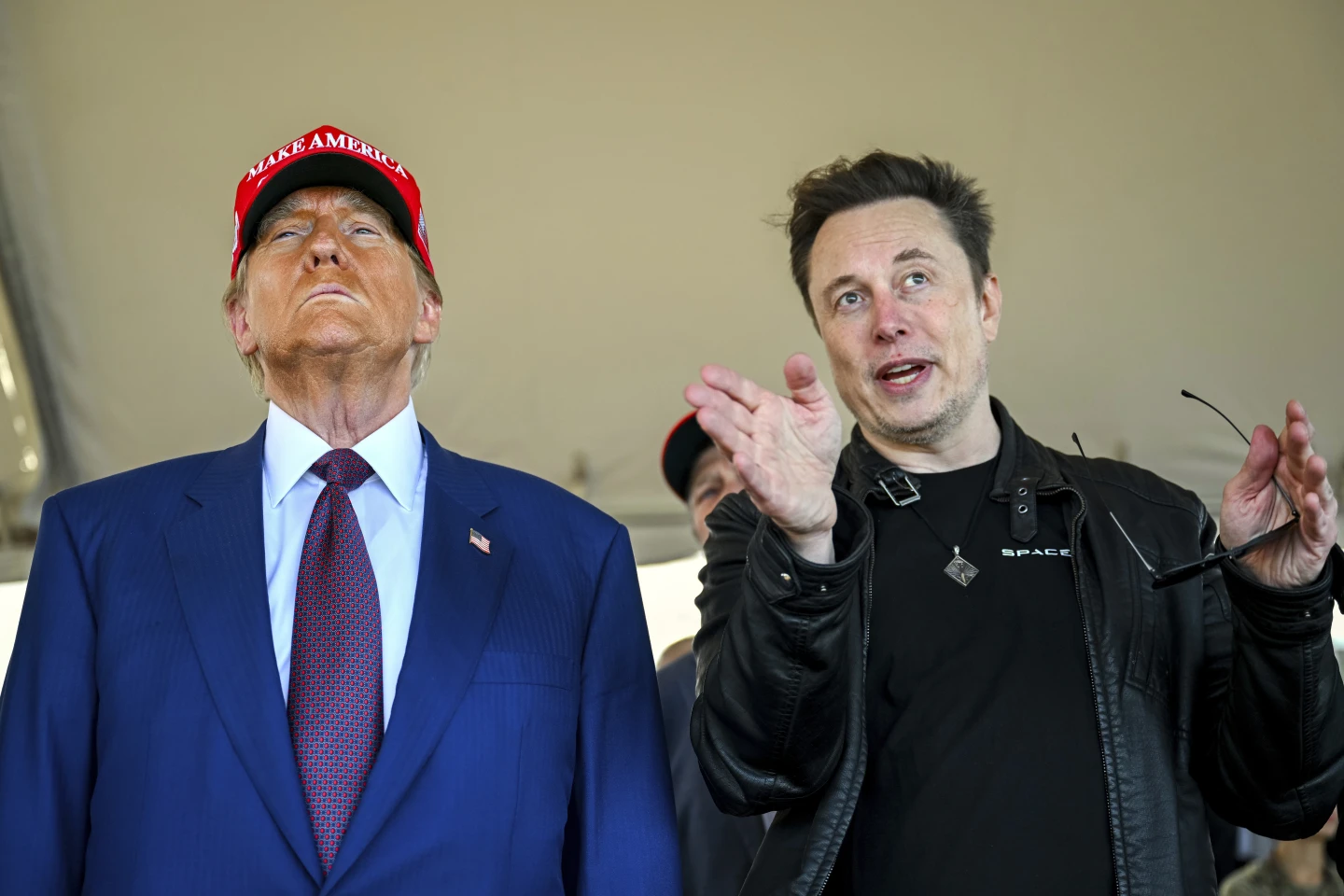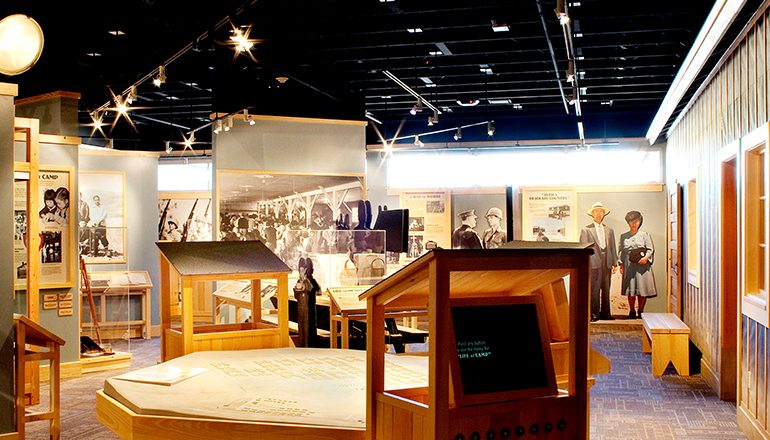The Heart Mountain Interpretive Center in Wyoming tells the story of over 14,000 Japanese Americans who were forcibly relocated and imprisoned at the site during World War II, NonStop Local Billings reports.
This historical center serves as a reminder of a dark period in American history when people of Japanese descent were confined simply because of their ancestry.
During the war, 125,000 Japanese and Japanese Americans were moved to 10 camps across the country after General John L. Dewitt established an exclusion zone along the West Coast. Heart Mountain, located in Wyoming, was one of these camps. The people relocated included both issei (first-generation immigrants who were Japanese citizens and unable to naturalize) and nisei (their children, American-born citizens). Two-thirds of those confined were US citizens, highlighting the injustice of their imprisonment.
The Heart Mountain site was often referred to as a “concentration camp” because the people were detained without charges or trials, though it differs from the death camps of Nazi Germany. The term “internment camp” is avoided because the relocations were not a lawful response to enemy aliens but rather the result of racial prejudice and war hysteria, as noted in a 1980s government report.
Visitors to the center can explore photographs, oral histories, and exhibits that capture life at the camp, including the cramped barracks where multiple families lived together. Outside, a walking trail showcases important landmarks from the camp, including the root cellar and the hospital. A special honor roll lists the names of those who left the camp to serve in the US military.
The last group of people left Heart Mountain on November 10, 1945, after the war ended. The center now stands as a reminder of the dangers of racial prejudice and the impact of government policies on marginalized communities. Reflecting on this history, Rebecca McKinley, the deputy director of the Heart Mountain Wyoming Foundation, encourages visitors to think critically about how these issues relate to modern society:
“If nothing else, I think people can look at what’s happening today with a little bit more of a critical eye.”









